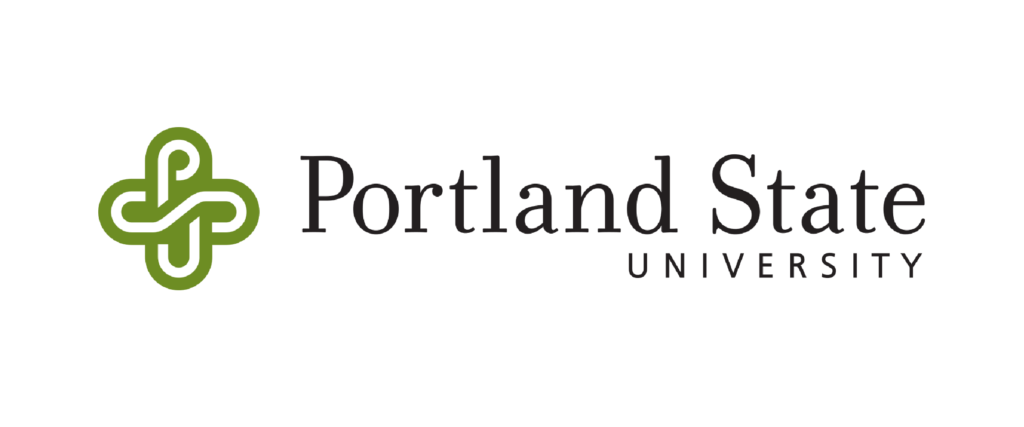Beginning in the late 1960s, the Portland region boldly decided to head in a direction different from other urban areas—turning away from sprawl and freeways, rebuilding a vital and active downtown, maintaining desirable neighborhoods and attractive public parks and amenities. It gained a reputation for urban success, civic vitality and innovation. Let’s call that Portland 1.0.
However, our quality of life has not been equally shared. Some were simply left out, excluded. Importantly, the burdens of our desirability, especially displacement and housing affordability, have fallen disproportionately on those least equipped to cope and those historically bypassed by our “urban success,” especially communities of color and lower income groups.
Growth is creating new strains. And circumstances have changed, including an increasingly diverse population, technology, the economy, modes of civic engagement.
The Portland 2.0 project arose out of a belief that it is time to assess how things have changed and to ask some big questions about governance as a shared civic endeavor of citizens and leaders–about how things do or don’t get done, about the capacity of our civic infrastructure to shape and achieve Portland 2.0.
See the video here of the January 26 Kickoff event hosted by Multnomah County Commissioner Jessica Vega Pederson and David Yaden
Following the kickoff, a group of diverse, emerging civic leaders will engage in a set of limited-enrollment workshops framed around the most fundamental questions of how Portland and the urban region manages itself in pursuit of inclusive and shared opportunity and livability.


